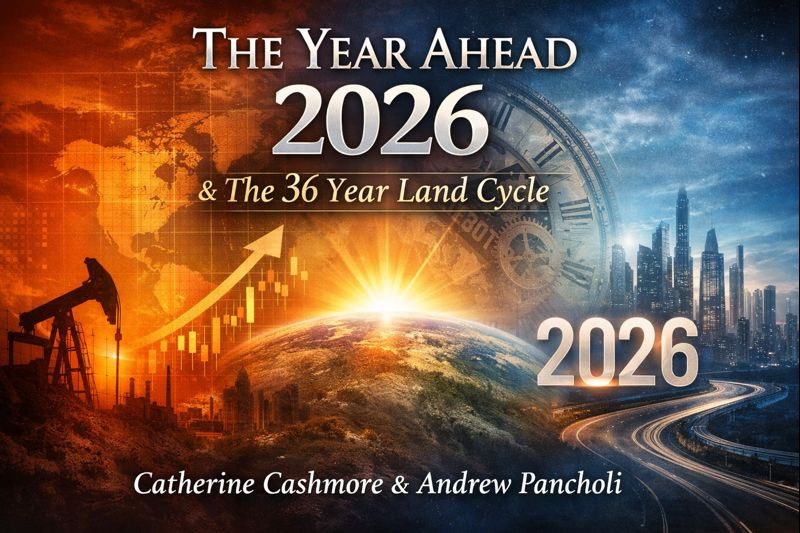[WATCH] Martin Wolf — Land, Democracy, and Capitalism: Sleepwalking Into War
- Catherine Cashmore

- Apr 20, 2023
- 4 min read
Updated: Apr 6, 2025
A few weeks ago the chief economics commentator at the Financial Times in London, Martin Wolf, penned an excellent article called ‘The Case for a Land Tax is Overwhelming’.
Here’s an excerpt:
‘I have long been a supporter of taxing land value. Such a tax would be economically efficient and morally just. But it has been politically impossible: the landowning interest, which now includes a large part of the population as owner-occupiers, has been too strong. This is a tragedy.
‘Now that western politicians are struggling with low growth, stressed public finances, high inequality, intergenerational tensions and an unstable financial system, they need to consider such a fundamental change in what is taxed. ‘The idea of taxing the rental value of land is most closely associated with the 19th-century American Henry George.
‘But Adam Smith, David Ricardo, James Mill and his son, John Stuart Mill, all shared the same view.
‘Thereafter, foolishly, economists began to incorporate land (which includes all non-produced natural assets) into produced capital. This then led to the neoclassical “two factor” models of the economy, which are grossly misleading.
‘As a result, taxes on land were increasingly considered in the context of taxes on wealth, even though natural resources are quite different from the capital stock created out of effort and foregone consumption.’
The core thesis of the economists mentioned in Martin’s article — Henry George, Adam Smith, James Mill, and John Stuart Mill — was to tax the economic rent of land and eliminate all other destructive taxes that fell on income and productivity.
You need to grasp the economic sense behind this, to truly understand why we have a land cycle, and why it repeats in the same sequence, and the same pattern, over and over.
Land Democracy
In his magnus opus, Progress and Poverty, Henry George painted a vision of a world where poverty (and the land cycle) would be eradicated, and progress could be made without creating economic inequality through such changes to the tax system.
George’s central idea was that land, which he defined as any natural resource, is the common heritage of all humanity.
Its value is created by the entire community rather than by any individual owner.
Therefore, the economic rent generated by land should be collected by the community rather than by private individuals or corporations.
So dangerous were George’s ideas to the elite that vested interests set about eliminating his thesis from economic history through an amply funded plan to suppress the knowledge that landowners were ‘reaping what they did not sow’.
Economists Mason Gaffney and Fred Harrison detail the process clearly in their book, The Corruption of Economics.
It’s a must-read.
The device used was brilliant.
The classical economics tradition was recast!
The three factors of production (land, labour, and capital) were taken down to just two — labour and capital.
‘Land’ disappeared from the economists’ view.
It became a subset of capital.
When we talk about increases in the value of land today, it is termed ‘capital gains’.
The definition of capital was widened to include almost anything!
Real capital — as understood by the classical economists — was all ‘man-made’ produced items, such as machinery, factories, and computers. In other words, the goods and services that make up the ‘real’ economy.
These are items that depreciate in value with wear and tear.
Today, however, the definition of capital also includes land.
Land does not depreciate.
In populous regions, land appreciates as cities expand and grow with technological development.
And because land is fixed in accessible supply — it absorbs the gains from economic progress (or rather, the landowners do).
If you cannot see the land and thus separate its value from labour and capital, you will never see the economy for what it really is — a land-owning monopoly.
Therefore, after reading Martin’s excellent analysis, I reached out to him for an interview.
The timing was good.
Martin has just released a new book, The Crisis of Democratic Capitalism.
Want to read more?
Subscribe to landcycleinvestor.com to keep reading this exclusive post.






